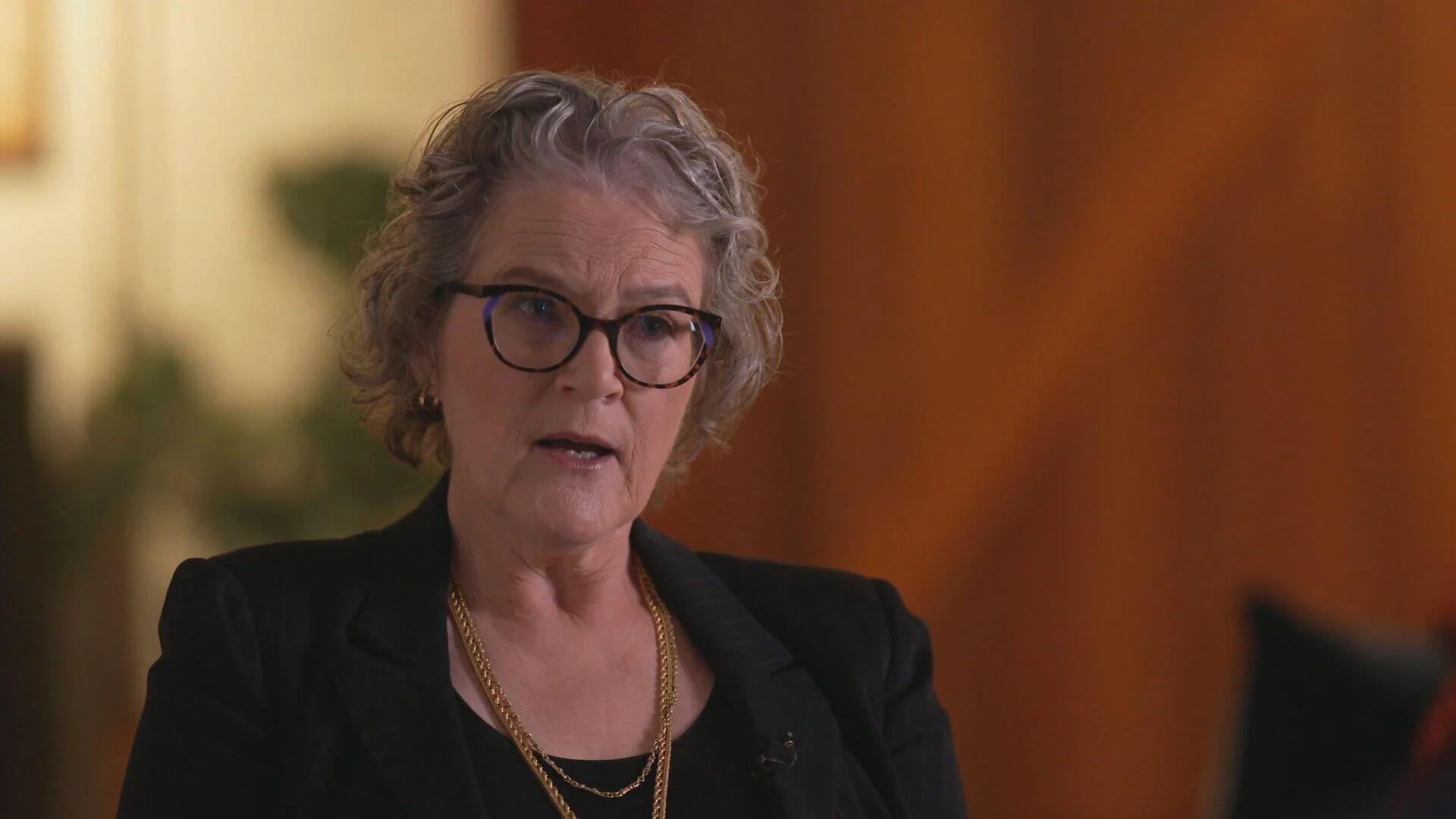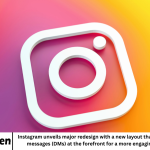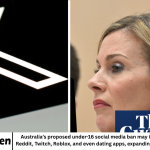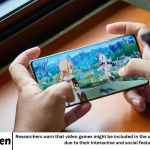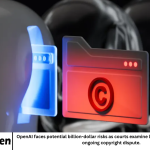In a development that has reignited debates around science, politics, and public health, a whistleblower from the National Institutes of Health (NIH) has come forward with revelations about the internal tensions surrounding childhood vaccines during the Trump administration. The disclosure highlights the delicate balance between government policy, medical research, and public trust. At the heart of the story lies a struggle between scientific consensus and political agendas, as federal health officials grappled with mounting pressure from both vaccine advocates and skeptics.
- The Role of Childhood Vaccines in Public Health
- The Whistleblower’s Claims
- Trump Administration’s Vaccine Policies
- Science Versus Politics: A Struggle for Trust
- Public Perception and the Rise of Vaccine Hesitancy
- Expert Opinions on the Whistleblower’s Revelations
- Impact on Future Vaccine Policy
- The COVID-19 Factor
- Restoring Faith in Childhood Vaccines
- FAQs
- What did the NIH whistleblower reveal about childhood vaccines?
- Did President Trump oppose childhood vaccines?
- Why are childhood vaccines important?
- How did politics affect vaccine messaging during the Trump era?
- What can be done to restore trust in vaccines?
- Conclusion
The Trump era was marked by heated discussions over health regulations, and vaccines became one of the most polarizing issues of that time. While the scientific community largely agrees on the safety and necessity of childhood vaccines to prevent life-threatening diseases, political debates, public skepticism, and misinformation complicated how health officials communicated this message. The whistleblower’s account sheds light on behind-the-scenes disagreements that could reshape how Americans view vaccine policies in the years to come.
The Role of Childhood Vaccines in Public Health
Vaccines are widely regarded as one of the greatest public health achievements of the modern era. Childhood immunizations have significantly reduced the prevalence of once-deadly diseases such as polio, measles, and diphtheria. According to the Centers for Disease Control and Prevention (CDC), vaccines have prevented over 21 million hospitalizations and more than 730,000 deaths in the United States over the past two decades alone.
Yet despite this overwhelming success, vaccine hesitancy has been on the rise. The World Health Organization named vaccine hesitancy one of the top ten global health threats in 2019, just before the COVID-19 pandemic. In the U.S., skepticism around vaccines was amplified by political rhetoric, celebrity activism, and misinformation spreading across social media. This climate created an environment where even the strongest scientific evidence often clashed with public perception.
The Whistleblower’s Claims
The NIH whistleblower, whose identity remains partially concealed for protection, revealed that internal divisions within the Trump administration directly influenced discussions about childhood vaccines. According to their account, scientific advisors felt increasing pressure to downplay certain vaccine recommendations, fearing political backlash from groups skeptical of government-mandated health interventions.
The whistleblower described closed-door meetings where scientists were urged to adjust language around vaccine safety, making it less forceful and more accommodating to “parental choice.” At times, evidence-backed recommendations reportedly clashed with the administration’s desire to maintain support among voters critical of mandatory vaccination programs.
“There was a strong sense of conflict,” the whistleblower stated in testimony. “On one hand, we had decades of scientific data showing the necessity of childhood vaccines, and on the other hand, we faced directives to soften the language, fearing it could alienate certain political bases.”
Trump Administration’s Vaccine Policies
The Trump administration walked a careful line when it came to vaccine policy. While President Trump publicly stated that vaccines are “important” and “needed,” he also echoed some parental concerns about vaccine schedules. Before his presidency, Trump had tweeted about a supposed link between vaccines and autism, fueling controversy that experts argued was based on debunked science.
During his term, Trump established a “vaccine safety task force” led by figures who had expressed skepticism about the recommended childhood immunization schedule. Although the task force’s work never fully materialized, it raised alarms among public health officials who feared it could undermine confidence in long-established scientific consensus.
The whistleblower’s revelations confirm what many suspected: that political considerations often guided the administration’s handling of vaccine messaging. This, in turn, may have contributed to greater confusion among parents, many of whom were already hesitant due to widespread misinformation online.
Science Versus Politics: A Struggle for Trust
One of the most striking aspects of the whistleblower’s claims is the tension between scientific evidence and political messaging. Experts within the NIH reportedly expressed frustration at having to dilute their recommendations, worried that doing so would leave children vulnerable to preventable diseases.
Dr. Anthony Fauci, who served as a key public health advisor during the Trump years, often found himself navigating these political divides. Though Fauci consistently emphasized the importance of vaccines, his statements occasionally clashed with those from other administration officials who appeared more cautious about enforcing strong mandates.
This tension was not unique to the Trump era, but the whistleblower’s account suggests it reached unprecedented levels during that time. The debate over childhood vaccines became less about medical science and more about political identity, deepening America’s cultural divide.
Public Perception and the Rise of Vaccine Hesitancy
The whistleblower’s revelations also point to the broader cultural phenomenon of vaccine hesitancy. A 2020 Pew Research study found that only 60% of Americans supported requiring children to be vaccinated for measles, mumps, and rubella (MMR), down from 82% a decade earlier.
The politicization of vaccines during the Trump administration may have played a role in this decline. By framing vaccination as an issue of parental freedom rather than a collective responsibility, public health experts fear that long-standing immunization gains could be undone. Even small declines in vaccination rates can have serious consequences: a 5% drop in measles vaccination coverage, for example, could triple the number of cases in the U.S.
Expert Opinions on the Whistleblower’s Revelations
Medical professionals and public health experts have reacted strongly to the whistleblower’s claims. Dr. Peter Hotez, a vaccine scientist and dean at the Baylor College of Medicine, stated: “If these allegations are true, they reveal a dangerous politicization of science. Vaccines save lives, and diluting that message for political gain puts children at risk.”
Similarly, Dr. Leana Wen, former Baltimore health commissioner, emphasized that “public health depends on trust. Once trust is eroded by political interference, it becomes far more difficult to convince the public to follow life-saving recommendations.”
The whistleblower’s testimony could therefore serve as a critical reminder of the importance of keeping science and politics separate, particularly in matters that affect the health and safety of children.
Impact on Future Vaccine Policy
Looking ahead, the whistleblower’s disclosures may influence how future administrations handle vaccine communication. Lawmakers are already debating whether more safeguards should be put in place to ensure that scientific findings remain independent of political pressure.
Some experts have called for the establishment of a nonpartisan scientific advisory board with legal protections, ensuring that vaccine recommendations cannot be altered for political gain. Others suggest that Congress should pass legislation requiring transparency in all federal vaccine-related communications.
The broader question is how to rebuild public trust in vaccines after years of conflicting messages. Restoring confidence will require not only consistent messaging from political leaders but also grassroots engagement with communities that remain skeptical.
The COVID-19 Factor
The COVID-19 pandemic highlighted the urgency of vaccine debates, further complicating the situation. While the Trump administration oversaw Operation Warp Speed, which accelerated vaccine development at an unprecedented pace, public confidence remained split along political lines.
The whistleblower argues that the administration’s handling of childhood vaccines set a precedent that carried over into the COVID-19 vaccine rollout. By allowing political concerns to shape health messaging, officials inadvertently contributed to widespread mistrust that hampered vaccination campaigns.
Today, even as millions of Americans have received COVID-19 vaccines, hesitancy remains a major barrier to achieving higher levels of immunity. This ongoing challenge underscores how critical the whistleblower’s revelations are for understanding the roots of mistrust in the U.S. vaccine system.
Restoring Faith in Childhood Vaccines
If the United States is to protect future generations from preventable diseases, restoring faith in childhood vaccines must be a top priority. Experts argue that transparency, education, and stronger community partnerships are key.
Parents often cite fear of side effects, distrust of pharmaceutical companies, and conflicting government messages as reasons for hesitancy. Addressing these concerns will require clear communication, accessible data, and visible accountability from public institutions. Grassroots campaigns led by doctors, educators, and community leaders may also play a vital role in countering misinformation and rebuilding trust.
FAQs
What did the NIH whistleblower reveal about childhood vaccines?
The whistleblower revealed that during the Trump administration, NIH scientists faced pressure to soften vaccine messaging and accommodate parental choice, even when doing so conflicted with scientific evidence.
Did President Trump oppose childhood vaccines?
President Trump did not outright oppose vaccines but expressed skepticism about vaccine schedules and previously promoted unfounded claims linking vaccines to autism. His administration’s mixed messaging contributed to public confusion.
Why are childhood vaccines important?
Childhood vaccines protect against deadly diseases like measles, polio, and whooping cough. They have saved millions of lives and remain one of the most effective tools in modern medicine.
How did politics affect vaccine messaging during the Trump era?
According to the whistleblower, political pressure led officials to dilute strong vaccine recommendations, prioritizing voter support over scientific accuracy. This fueled greater vaccine hesitancy nationwide.
What can be done to restore trust in vaccines?
Experts suggest creating nonpartisan safeguards for scientific communication, increasing transparency, engaging with communities directly, and ensuring consistent messaging from all levels of government.
Conclusion
The NIH whistleblower’s revelations shed light on the complex and often troubling intersection of politics and science during the Trump administration. By exposing the pressures faced by public health officials, this testimony underscores the risks of allowing political agendas to shape decisions that affect the health of millions of children. Vaccines remain one of humanity’s most powerful tools for preventing disease, but their effectiveness relies on public trust. Restoring that trust will require unwavering commitment to transparency, evidence-based policy, and a renewed focus on the collective responsibility of safeguarding future generations.


